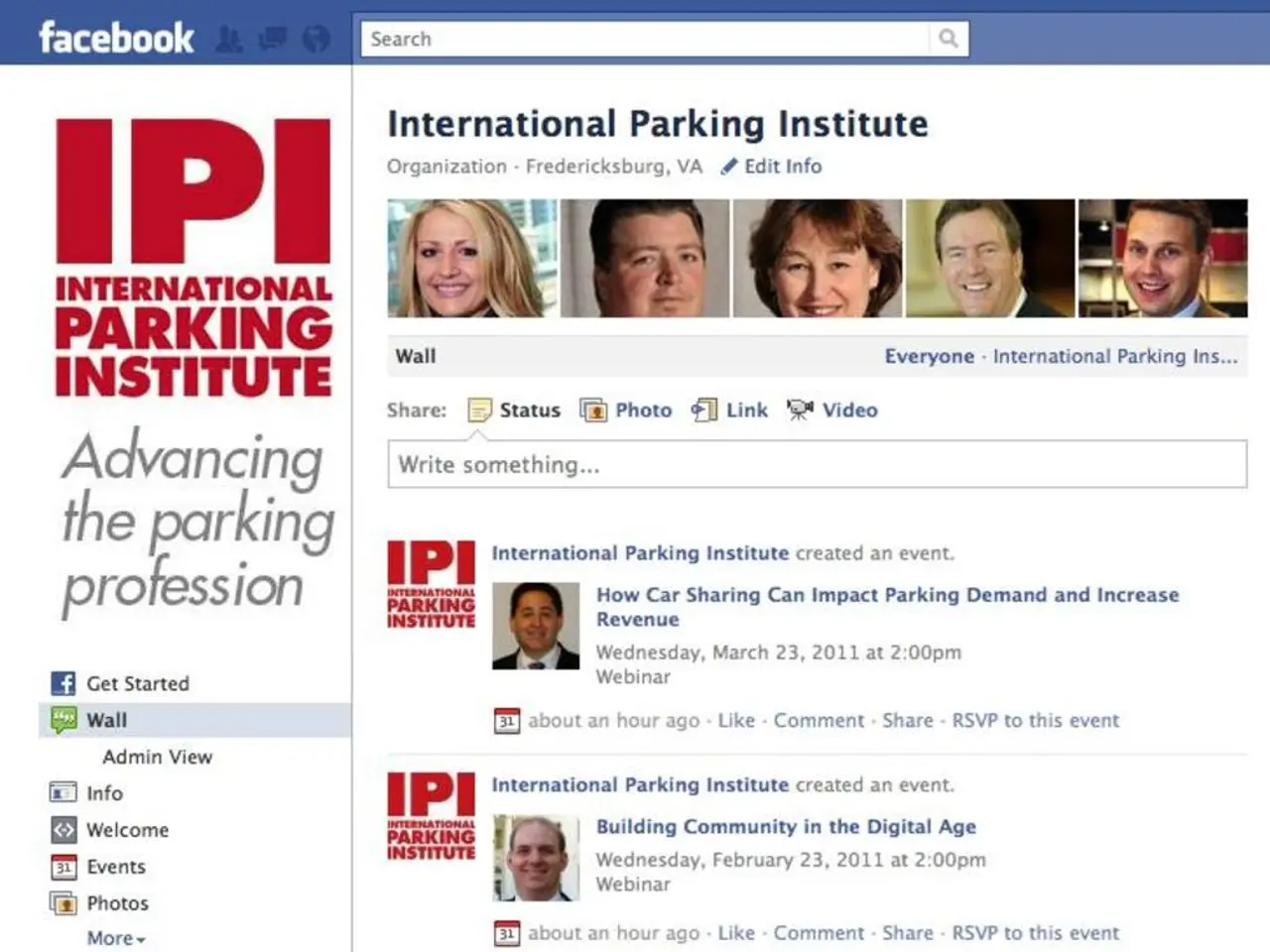There are indeed more Exchange-Traded Funds (ETFs) compared to single stocks available for investment.
In the dynamic world of finance, Exchange-Traded Funds (ETFs) have become a popular choice for investors seeking a low-cost and tax-efficient way to trade a basket of securities. With the variety of options available, it's essential for investors to approach ETF investing with due diligence.
Currently, there are more ETFs listed in the US than there are individual stocks, according to Morningstar data. This vast ETF universe offers exposure to a wide range of themes, from alternative energy and religious values to petcare, cannabis, and even memes. Notably, there are 35 US ETFs tracking the rise of artificial intelligence.
However, the abundance of choices can lead to choice overload. Investors are faced with a high number of ETFs, each offering different strategies. While ETFs generally provide a low-cost investment option, some may offer high-cost strategies. It's crucial to do one's homework before investing, as ETFs, like any investment, come with risks.
The liquidity of the underlying basket is crucial for ETF tradeability. Low volume and low Assets Under Management (AUM) can scare away most investors due to closure risk. Not all ETFs are successful and may close due to lack of interest. When an ETF closes, investors may have to sell their shares or wait for the final distribution, potentially resulting in a taxable gain.
In the S&P 500 arena, State Street's SPDR S&P 500 is a popular choice, offering plain-vanilla exposure to the index. Competition is fierce, though, with Vanguard and BlackRock offering similar ETFs with a slightly lower expense ratio.
In the current ETF landscape, due diligence is crucial. With over 4,370 ETFs currently trading on US exchanges, according to Morningstar data, it's essential to carefully consider one's investment objectives and risk tolerance before diving in.
The largest ETF issuers in the US market include Vanguard, BlackRock (iShares), and State Street, with these firms consistently manufacturing most of the ETFs available. Other significant issuers include Dimensional Fund Advisors, First Trust, and J.P. Morgan, each managing over $200 billion in ETF assets.
Despite the potential benefits, it's important to remember that ETFs may lead to an untimely and unwanted tax bill, despite starting as a tax-efficient way of investing. As with any investment, it's crucial to consult with a financial advisor and understand the potential tax implications before making a decision.
In conclusion, the world of ETFs offers a wealth of opportunities for investors. However, with the vast array of choices comes the responsibility to do thorough research and consider all potential risks. By approaching ETF investing with a clear understanding of one's objectives and a commitment to due diligence, investors can navigate this dynamic market and potentially reap the rewards.
This article was edited by an editor from TKer.co.








